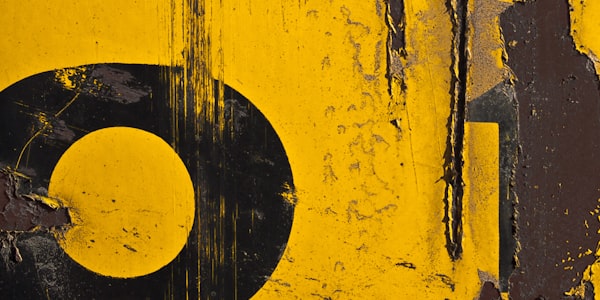The year 1688 marked the arrival of the French in the Cape; the Huguenots, fleeing persecution after the revocation of the Edict of Nantes in their home country.
Their legacy as far as it affects South African wine itself is arguable but the names of their farms and the valley where they settled – Franschhoek or French Corner – remain a reflection of their heritage. It’s a heritage today’s inhabitants of the area lose no opportunity of celebrating; the weekend commemorating 14 July French National Day draws crowds to the tricolor-decked main street, to enjoy the South African wine and food for which Franschhoek is celebrated.
In modern times, the French influence on our wine industry has been and continues to be evident in many different ways.
One of the earliest came from Champenois, Jean-Louis Denois, who, in 1983, teamed up with the Grier family of Villiera to produce a sparkling wine made in the traditional method, subsequently known as Méthode Cap Classique (MCC). Today, Denois is no longer involved but his influence and technical knowledge as well as Jeff Grier’s subsequent learning experience in France, has seen the farm increase both production and expertise in the style. Today, Villiera is considered one of the leading exponents of MCC.
Since South Africa’s return to the international arena, the French have also helped local wine producers create quality still wines in the modern style. Someone like Edouard Labeye, a winemaker from the south of France, who produces wines and consults in the Languedoc and Rhône, with their climate and varieties similar to ours, has been particularly helpful. His enthusiasm for the country and its wines led him to become a part-owner in Stellenbosch-based The Winery of Good Hope.
More have come, stayed and started their own label: Jean Vincent Ridon, with his Signal Hill Wines label since 1997, who has pushed the envelope, not least in his development of vineyards (and a cellar) in and around the city of Cape Town. It was he too who started The Classic Wine Trophy, a competition for South African wines judged solely by French palates. It has since been taken over by his French winemaker colleague, Christophe Durand – who makes South African wines in a classic style under the Vins d’Orrance label – but the goal remains the same: to reward South African wines of elegance and ageworthiness.
One of the most high-profile judges has been Olivier Poels, editor of influential French wine magazine La Revue du Vin de France. The French know so much more about South African wines thanks to the Classic Wine Trophy and its judges.
But it was the success of South African red Bordeaux-style blends on the International Wine & Spirit Competition that attracted Madame May Eliane de Lencquesaing, former owner of Bordeaux Second Growth Chateau Pichon Longueville Comtesse de Lalande, to invest in South Africa. Her Stellenbosch farm Glenelly, with its beautifully restored manor house and new cellar, is already gaining a reputation for excellence.
The Bordelais have been generous in their enthusiasm for South Africa and the possibilities its climate and soils offer for the production of quality wine. The late Baron Edmund of Chateau Clarke joined forces with the late Dr Anton Rupert in founding Paarl property Rupert & Rothschild, while Bruno Prats (Cos d’Estournel) and Hubert de Boüard (Ch l’Angelus) became partners with former Klein Constantia owner Lowell Jooste in Anwilka, the property since merged with Klein Constantia.
These are just some of the French wine people in South Africa; but as they have become involved with our wine industry, so South Africans have visited and learned from the French. Not only our winemakers but also our farmworkers, groups of whom have an opportunity annually of working in Burgundy to broaden their horizons.
In one way or another, the French have been involved with South African wine for 325 years; may the relationship continue to be beneficial to both countries for many centuries to come.
– Angela Lloyd
more on wosa.co.za




